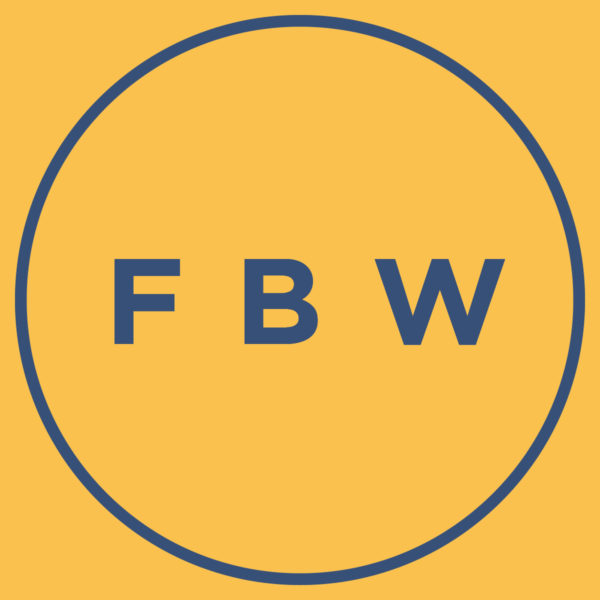In 2019, Frohsin Barger & Walthall won a nearly $500,000 home health fraud settlement for our clients and the United States against Bayada Home Health Care (Bayada).
The settlement was the result of a qui tam False Claims Act case brought by Frohsin Barger & Walthall on behalf of our whistleblower clients. Two of our clients were former Bayada registered nurses (RN) and one client was a former Bayada client services manager.
Procedural History of Successful Non-Homebound Allegations
The case was originally filed under seal in 2016. After the United States declined to intervene in the case, Frohsin Barger & Walthall pressed forward, filing an Amended Complaint and litigating the case against Bayada.
The Amended Complaint focused on Bayada’s enrolling patients who were not actually “homebound,” as defined by Medicare, for home health care and billing Medicare for home health services provided to ineligible non-homebound patients. Under this set of claims, patients known to not be homebound are ineligible to receive Medicare home health services and billing Medicare for services provided to ineligible patients is fraud. Specifically, Frohsin Barger & Walthall’s clients alleged “by knowingly billing Medicare for [specific] patients whom Bayada knew or should have known were not homebound and by retaining such payments and concealing or knowingly and improperly avoiding its obligation to re-pay the United States for [specific non-homebound patients], Bayada has violated the False Claims Act.”
Bayada responded by filing a Motion to Dismiss, arguing the Relators’ claims should be rejected. However, the Honorable Mitchell S. Goldberg, District Judge for the United States District Court for the Eastern District of Pennsylvania found the Amended Complaint to sufficiently allege home health fraud based on the non-homebound patients and allowed the case to proceed, ruling “[r]elators have sufficiently alleged that Bayada was billing Medicare for home health services provided to patients who were not homebound.” Soon after, Frohsin Barger & Walthall achieved a favorable settlement of the case.
Medicare Definition of Homebound
Under Medicare regulations, for a patient to be eligible to receive tax-payer funded home health services, the patient must actually be “homebound,” as defined by Medicare. Medicare defines “homebound” as:
“Because of illness or injury, need the aid of supportive devices; the use of special transportation; or the assistance of another person in order to leave their place of residence OR Have a condition such that leaving his or her home is medically contraindicated.
If the patient meets this first criterion, they must also meet the following two additional requirements:
There must exist a normal inability to leave home AND
Leaving home must require a considerable and taxing effort.”
See Medicare Benefit Policy Manual (“MBPM”), ch. 7, § 30.1.1 (Home Health Services)
Specific Allegations of Non-Homebound Patients Found to Be Sufficient to State a Claim of Home Health Medicare Fraud
In the Amended Complaint, Frohsin Barger & Walthall’s clients alleged that specific Medicare patients under Bayada’s care were not homebound based on the following facts witnessed by our clients:
One beneficiary — who was certified by Bayada as homebound and for whom Medicare paid for in-home skilled nursing care frequently could not be reached by telephone at home and was frequently away from her home at the time of her pre-scheduled visits. This beneficiary also told our clients that she would not be home for the next pre-scheduled visit because she had a “big birthday party to attend.”
Another Medicare beneficiary was frequently not home for reasons unrelated to her medical treatment but Bayada managers instructed our RN client, who was supposed to be assessing the beneficiary for home health eligibility, that despite frequently not being at home, our RN client should not discharge the patient because it would result in a partial payment, or “LUPA” and would cost Bayada money.
Another example of a non-homebound Medicare beneficiary was a patient that was alleged to be non-homebound because she attended weekly casino trips provided by the beneficiaries’ assisted living facility. Our clients alleged that Bayada was well aware that the patient was taking trips, each week, to the casino and attempted to dissuade the facility from allowing the patient to take these casino trips because if discovered by Medicare would indicate non-homebound status.
Therefore, as found by the U.S. District Court for the Eastern District of Pennsylvania, information such as a home health patient routinely not being at home at the time of pre-scheduled home health visits or a patient regularly leaving the home for reasons unrelated to medical treatment, is sufficient to adequately plead a False Claims Act case alleging non-homebound home health patients.
Frohsin Barger & Walthall would like to thank our brave clients for coming forward to expose this fraud. Further, Frohsin Barger & Walthall would like to thank the United States Attorney’s Office for the Eastern District of Pennsylvania for their investigation and assistance in achieving this settlement.
If you are aware of home health fraud, including billing Medicare for home health services provided to non-homebound patients, please contact Frohsin Barger & Walthall.






Talk with an Expert
Frohsin Barger & Walthall
Call 205.933.4006 or
Send us a Message